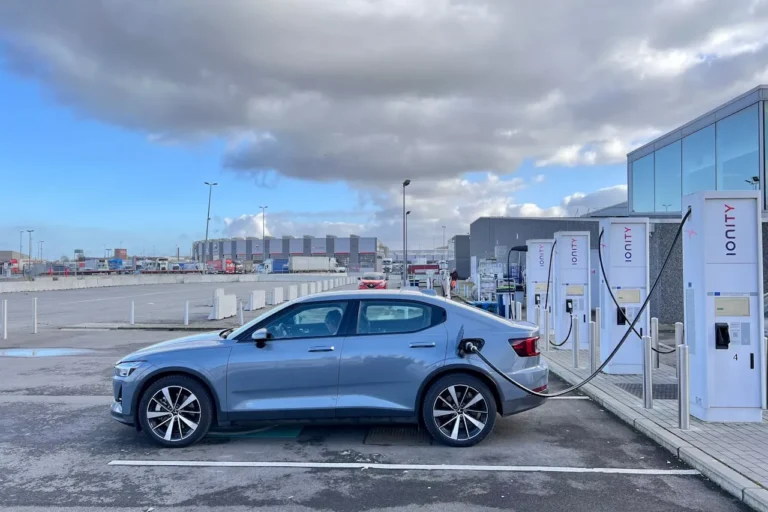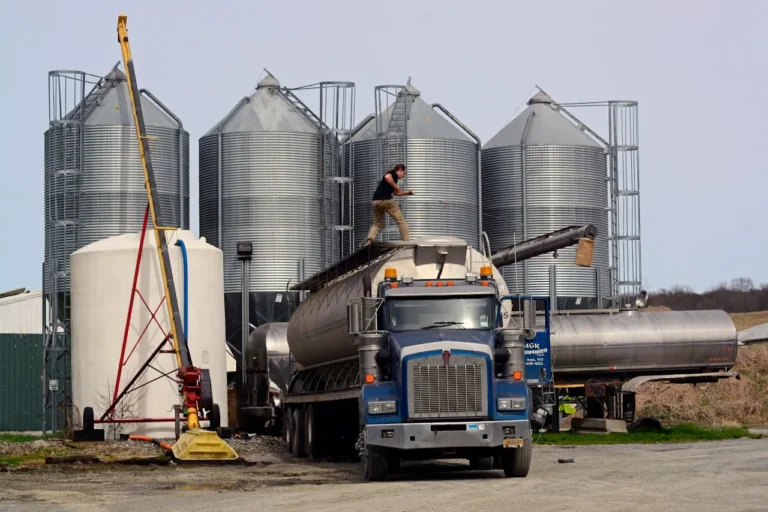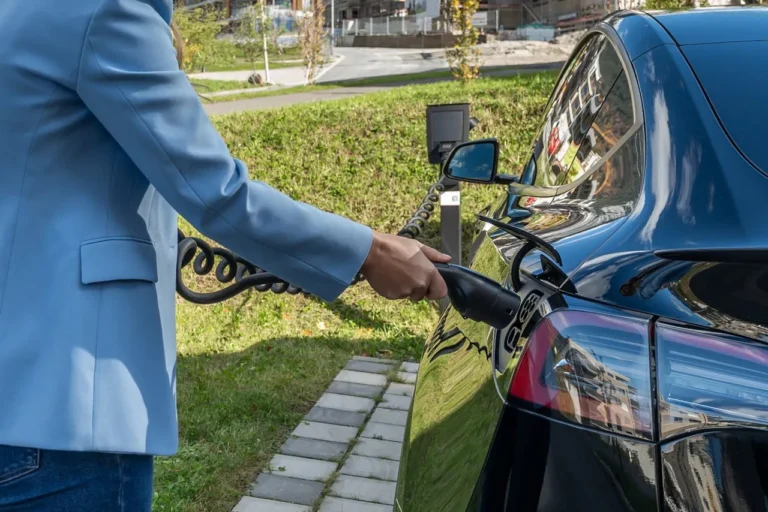
Wabtec will make the FLXdrive locomotives at its factory in Contagem( state of Minas Gerais). The locomotives ’ delivery is read for 2026.
“Originally, we’re maximizing energy effectiveness, replacing the diesel locomotives in the dynamic coadjutor with battery bones, but the idea is that, in the future, the other locomotives on the train can be fueled by ammonia. This way, we’d have a clean operation at EFC, ” explains Vale’s Director of Energy, Ludmila Nascimento. “ This agreement is the first of numerous that we’re seeking in order to accelerate the decarbonization of our road operation, ” she adds.
Vale and Wabtec will work together on a study to use ammonia as a clean indispensable energy, which doesn’t emit CO2. The study will originally be carried out as lab tests to validate performance, emigration reductions, and feasibility. Among the advantages of ammonia is the fact that it allows the locomotive a longer range than other carbon-free energies. In addition, ammonia has a high-octane standing and an established large-scale distribution structure. The two companies will carry out the study in a laboratory over the coming two times.
Regenerative Energy
The FLXdrive locomotive’s energy operation system recharges the batteries along the route as the train thickets. “ It’s what we call regenerative energy produced by dynamic retardation. moment, that energy is lost when traditional locomotive thickets. In the upward sections, we will be suitable to recharge the batteries, without having to stop the train’s operation, ” explains Alexandre Silva, Manager of Vale’s Powershift Program. Vale introduced the Powershift Program to study indispensable technologies to replace fossil energies with clean sources in the company’s operations.
The FLXdrive locomotives are estimated to save 25 million litres of diesel per time, considering the consumption of all the road trains that use the dynamic coadjutor. This savings would reduce carbon emigrations by roughly 63,000 tons, the original emigrations of around 14,000 passenger buses per time.
” Technological advances in battery power and indispensable energies are accelerating the decarbonization trip for roads,” says Danilo Miyasato, President and General Manager of Wabtec for Latin America.” Vale’s innovative approach to espousing indispensable energies for its locomotives will profit its guests, shareholders, and communities. The FLXdrive provides Vale productivity, safety, energy frugality, and emigration reductions for its rail network. ”
Net Zero
In 2020, Vale blazoned an investment of between US$ 4 and$ 6 billion to reduce its direct and circular emigrations( reaches 1 and 2) by 33 by 2030. moment, Vale’s rail network represents 10 of the company’s carbon emigrations. The action is one further step towards achieving the thing of zero emigrations net carbon emigrations by 2050, in line with the ambition of the Paris Agreement to limit global warming to below 2 °C by the end of the century.
The company also committed to reducing its net emigrations from its value chain







